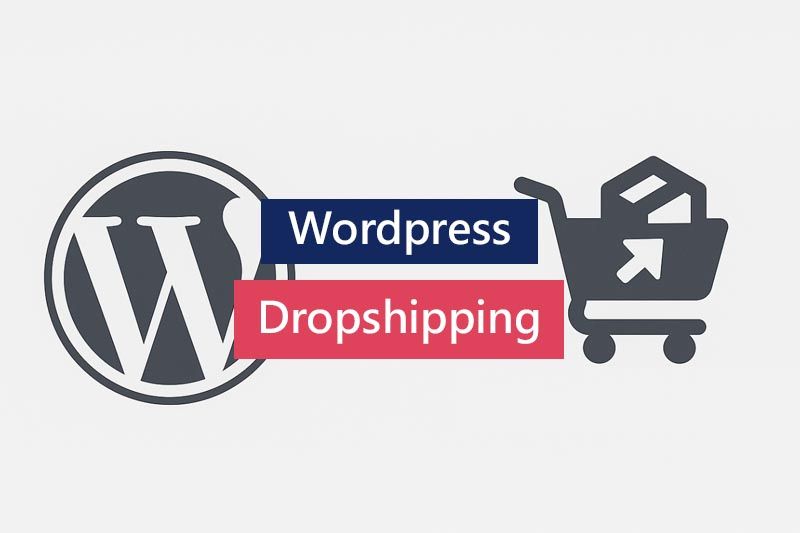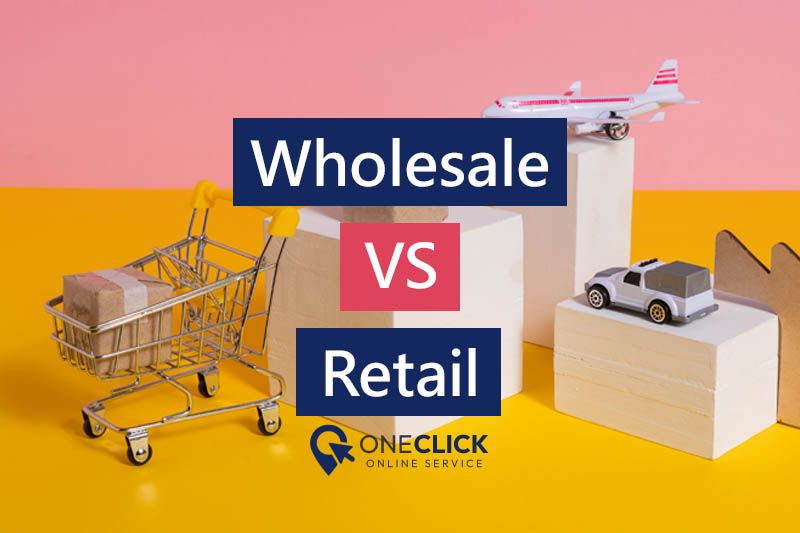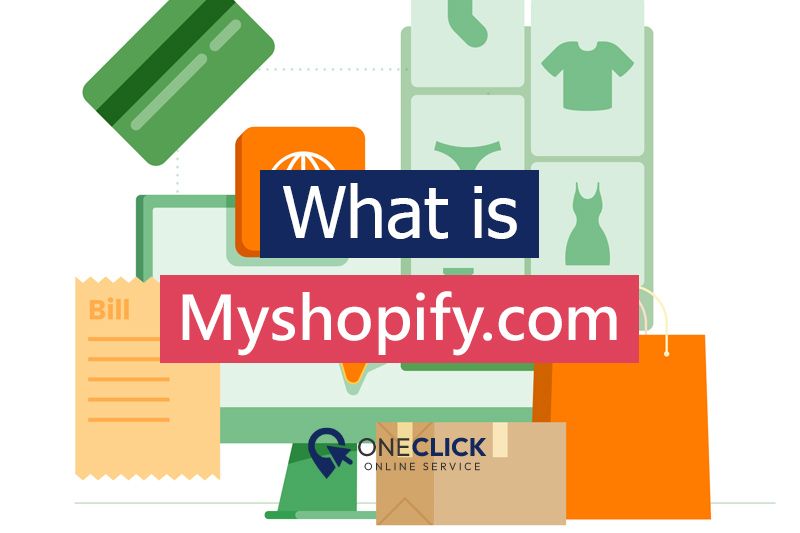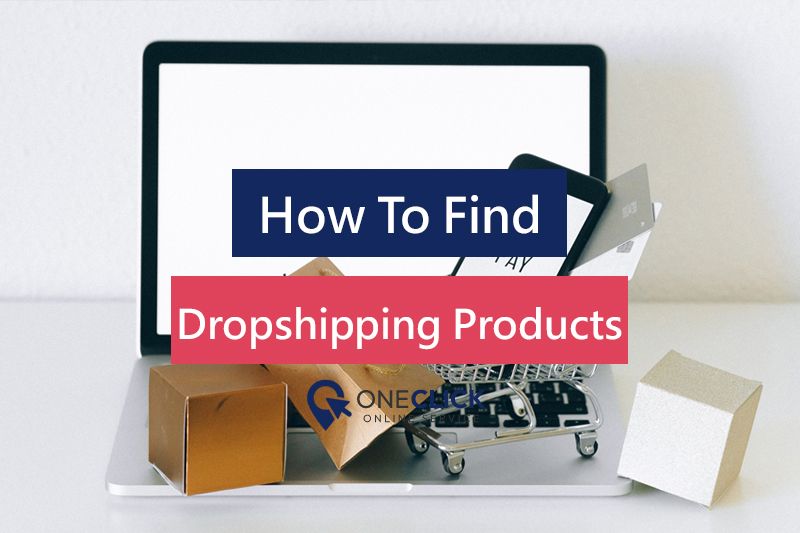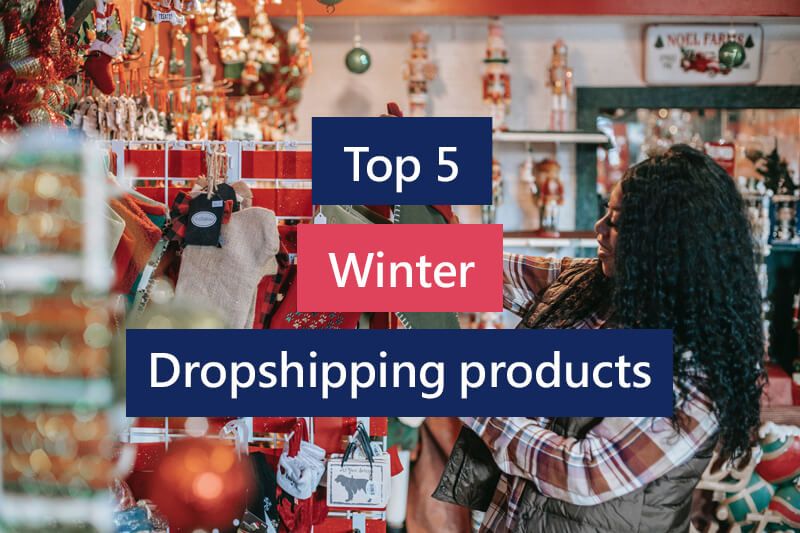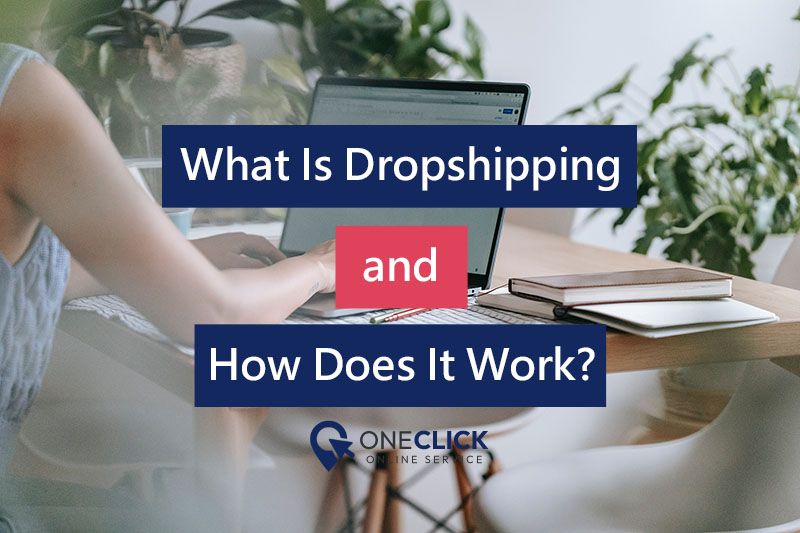DDP Incoterms: What DDP Incoterms Means, Pros and Cons
In the world of international trade, Shipping Incoterms play a crucial role in defining the responsibilities of buyers and sellers. One such Incoterm is DDP (Delivered Duty Paid), which simplifies the shipping process for buyers by shifting most responsibilities to the seller. At OneClick Online Service, we specialize in assisting businesses with their shipping needs and invite you to explore how DDP can benefit your operations. Continue reading to learn everything about DDP shipping!
What is DDP (Delivered Duty Paid)?
Delivered Duty Paid (DDP) is an Incoterm used in international trade, where the seller assumes full responsibility for delivering the goods to the buyer’s specified destination. This includes all costs, such as transportation, customs duties, import taxes, and other associated fees. Essentially, the seller ensures that the goods are delivered duty paid, leaving the buyer with minimal logistical concerns.
This makes DDP particularly appealing to buyers who want to avoid the complexities of customs clearance or unforeseen expenses. However, it also requires sellers to have a strong understanding of customs regulations in the buyer’s country to avoid delays or compliance issues.
Example: A seller in China shipping electronics to a buyer in Germany under DDP would handle everything, including freight costs, customs duties, and VAT in Germany, ensuring the buyer receives the goods with no additional charges.
DDP Risk and Costs
While DDP shipping offers convenience for buyers, it involves several risks and costs for sellers. Here’s what you should know:
Seller Responsibilities
• The seller bears the cost of transportation from the origin to the buyer’s location. • Customs duties, taxes, and tariffs at the destination are the seller’s responsibility. • Additional costs, such as storage fees in case of customs delays, also fall on the seller.
Risks for Sellers
- Customs Compliance: If the seller miscalculates duties or taxes, they may face penalties or unexpected costs.
- Unforeseen Charges: Changes in customs regulations or tax rates in the destination country can lead to higher-than-expected costs.
- Logistical Challenges: Managing shipments to multiple international locations under DDP can complicate operations and increase the risk of delays. Pro Tip: Sellers using DDP must partner with experienced freight forwarders or logistics providers to manage these risks effectively.

When to Use DDP Incoterms?
DDP Incoterms are ideal in the following scenarios:
- Buyers Lack Shipping Expertise: If the buyer is inexperienced with customs clearance or prefers not to handle logistics, DDP simplifies the process by shifting all responsibilities to the seller.
- High-Value Items or Sensitive Shipments: For high-value goods or items requiring secure delivery, DDP ensures that the seller manages all logistics and reduces risks for the buyer.
- Building Customer Trust: Offering DDP terms can make your business more attractive to buyers, as they perceive you as providing a seamless, worry-free shipping experience.
- Exporting to Developed Markets: DDP is commonly used when selling to countries with high import taxes or complex customs regulations, such as the EU or the USA.
Key Considerations When Using DDP
Although DDP can be advantageous, it’s important to keep the following factors in mind:
- Understand Customs Rules: The seller must be well-versed in the customs regulations of the destination country, including required documentation, taxes, and duties.
- Calculate Costs Accurately: Miscalculations in duties or taxes can erode profit margins. Use professional tools or consult customs brokers to determine the exact costs involved.
- Work with Reliable Freight Partners: A trusted freight forwarder ensures that goods are delivered efficiently and that all customs obligations are met.
- Consider Buyer-Seller Relationships: For long-term partnerships, offering DDP terms can strengthen relationships and increase repeat business. However, for one-off sales, the financial risks might outweigh the benefits.
- Communicate Clearly: Make sure the buyer understands that DDP includes all costs, so there are no surprises upon delivery. Transparency about delivery timelines and terms is critical.
Comparing DDP Against Other Incoterms
DDP vs CIF
CIF (Cost, Insurance, and Freight) is an Incoterm where the seller is responsible for delivering the goods to the port of destination, covering the cost of transportation and insurance up to that point. However, the buyer takes over responsibility once the goods arrive at the port, including customs clearance, import duties, and final delivery to their location.
Key Differences:
1. Responsibility for Import Duties:
- DDP: The seller is responsible for all costs, including customs duties, taxes, and final delivery to the buyer’s doorstep.
- CIF: The seller only ensures the goods reach the port of destination, while the buyer handles customs clearance and delivery.
2. Risk Transfer:
- DDP: The seller assumes all risks until the goods are delivered to the buyer’s premises.
- CIF: Risk transfers to the buyer once the goods are loaded onto the shipping vessel at the port of origin.
3. Use Case:
- CIF is more suitable for experienced buyers who can manage customs and delivery costs.
- DDP is ideal for buyers who want a hassle-free process and prefer the seller to handle all logistical and regulatory responsibilities.
DDP vs EXW
EXW (Ex Works) places almost all responsibility on the buyer. The seller makes the goods available at their premises, but it is the buyer’s responsibility to handle transportation, insurance, customs clearance, and all associated costs.
Key Differences:
1. Level of Seller Involvement:
- DDP: The seller handles everything, from export to delivery at the buyer’s doorstep, including customs duties and taxes.
- EXW: The seller only ensures that the goods are ready for pickup at their premises.
2. Risk Transfer:
- DDP: Risk remains with the seller until the goods are delivered to the buyer.
- EXW: Risk transfers to the buyer as soon as the goods are made available at the seller’s location.
3. Suitability:
- EXW is more suitable for experienced buyers who can manage logistics and regulatory procedures.
- DDP is ideal for buyers looking for a turnkey solution, particularly in international trade where customs procedures can be complex.
4. Cost Implications:
- Buyers under EXW might save on seller-added logistics costs but will need to manage their own transportation and customs fees.
- Sellers under DDP incur higher costs as they bear all responsibilities, but this can attract buyers who value convenience.
DDP vs FOB
FOB (Free on Board) is an Incoterm where the seller is responsible for delivering the goods to the port of shipment and loading them onto the buyer’s designated shipping vessel. After the goods are loaded, the buyer takes on all remaining costs and responsibilities, including transportation, insurance, and customs clearance.
Key Differences:
1. Responsibility for Costs:
- DDP: The seller covers everything, including customs duties, taxes, and delivery to the buyer’s location.
- FOB: The seller’s responsibility ends once the goods are loaded onto the vessel, with the buyer taking over all subsequent costs and risks.
2. Risk Transfer:
- DDP: Risk transfers to the buyer after the goods are delivered to their final destination.
- FOB: Risk transfers to the buyer once the goods are loaded onto the ship at the port of origin.
3. Use Case:
- FOB is common for experienced importers who have established relationships with freight forwarders and understand customs procedures.
- DDP is more appealing to buyers who want a seller-managed solution, particularly when importing to countries with complex customs requirements.
4. Logistical Complexity:
- With FOB, buyers need to arrange their own insurance, shipping, and customs clearance, which may be difficult for beginners.
- With DDP, sellers manage the entire process, simplifying the buyer’s experience.
The choice between DDP, CIF, EXW, and FOB depends on the buyer’s and seller’s preferences, level of expertise, and business needs. DDP provides maximum convenience for the buyer, while CIF, EXW, and FOB offer varying levels of shared responsibility, cost, and risk. Understanding the unique attributes of each Incoterm is key to choosing the most suitable option for your international trade operations.
FAQs for DDP (Delivered Duty Paid) Incoterm
1. What Does DDP Incoterm Mean?
DDP (Delivered Duty Paid) means the seller takes full responsibility for delivering goods to the buyer's designated location, including covering all costs and managing customs clearance, import duties, and taxes. The buyer is left with minimal responsibilities, only needing to receive the goods at the agreed destination.
2. Who is Responsible for Customs and Duties in DDP?
Under DDP, the seller is responsible for handling all customs clearance, paying import duties, taxes, and any other associated fees in the buyer's country. This simplifies the process for the buyer but requires the seller to be knowledgeable about customs regulations in the destination country.
3. What Risks Are Involved for Sellers Using DDP?
Sellers face significant risks under DDP, including: • Unforeseen Costs: Changes in customs duties, taxes, or import regulations in the destination country can lead to unexpected expenses. • Customs Delays: Improper documentation or compliance issues may result in delays or additional fees. • Logistical Challenges: Managing door-to-door delivery, especially in unfamiliar international markets, can complicate operations.
4. Is DDP Suitable for All Types of Shipments?
DDP is most suitable for shipments where the buyer lacks expertise in customs procedures or prefers convenience. However, it may not be ideal for high-value or complex goods requiring special handling, as sellers take on significant financial and logistical responsibilities.
5. How Does DDP Compare to EXW or FOB?
DDP vs EXW (Ex Works): In EXW, the seller provides goods at their premises, and the buyer manages everything else, including shipping and customs. In DDP, the seller handles the entire process, including delivery and duties. • DDP vs FOB (Free on Board): With FOB, the seller covers costs and risk only until the goods are loaded onto the ship, while in DDP, the seller is responsible for all costs and risks until delivery to the buyer's final location.
At Oneclick Online Service, we understand how vital it is to work with dependable suppliers. We make it easier for you by offering seamless product sourcing from China. With our expertise, you can build a strong foundation for your dropshipping or Wholesale business and maintain a steady flow of quality products.
For assistance with sourcing and managing your dropshipping needs, feel free to contact us, or register for our app to begin your journey with Oneclick. We're here to help every step of the way.



